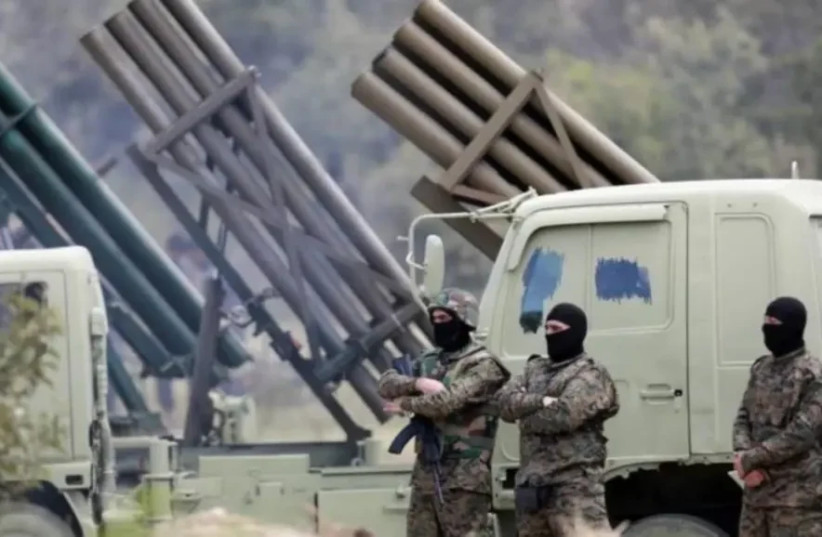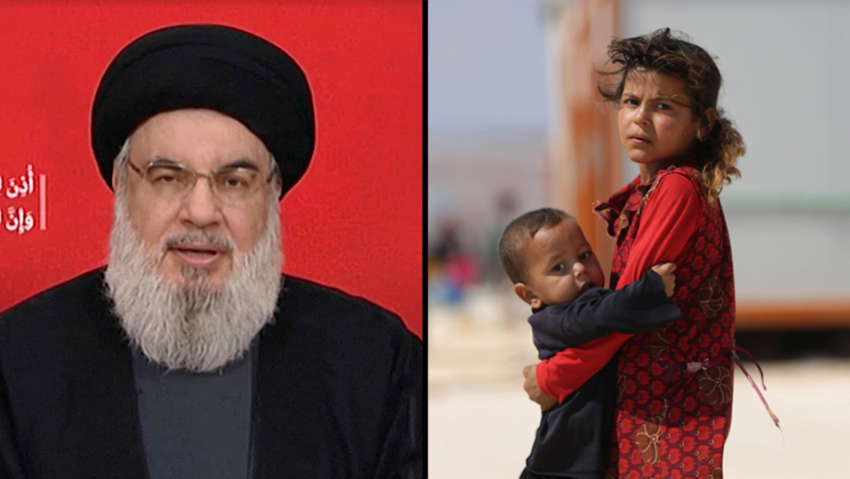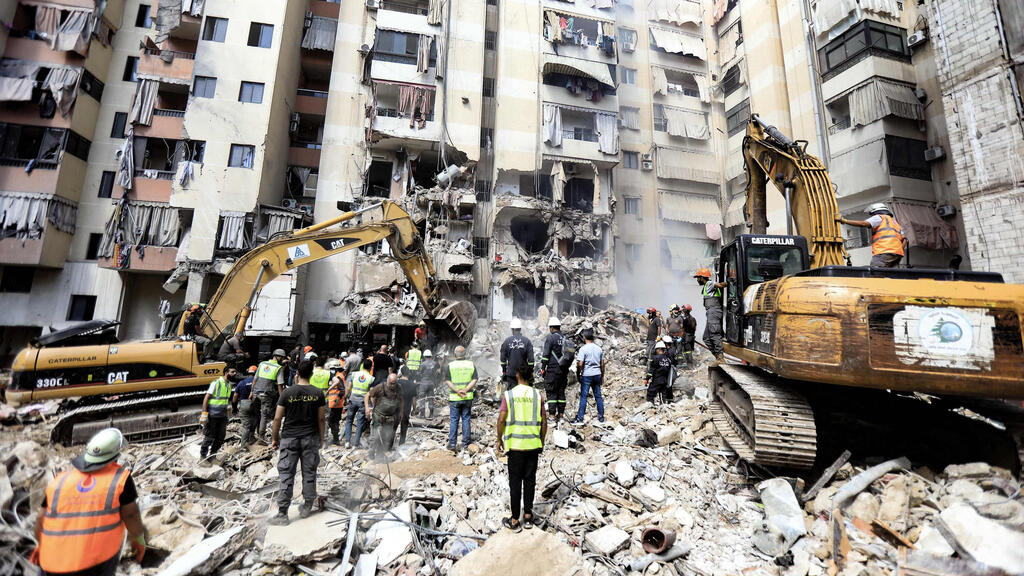Falcon29
Elite Member
- Apr 13, 2013
- 36,833
- 29,465
- Country of Origin

- Country of Residence

Follow along with the video below to see how to install our site as a web app on your home screen.
Note: This feature may not be available in some browsers.


Thanks and i agree with you on this, but this is quite a contrast to you saying this earlier (in screenshot below). LOLGuys
Hezbollah fired a large ballistic missile at Tel Aviv
This shows command and control is in tac
Because no independent cell can do this without communication from higher up chain of command
Hezbollah is a very disciplined organization
They wouldn’t fire one of those without orders
GO HEZBOLLAH GIVE THEM HELL

A demografics decline, sure.
But technically the west remains on top, only challenged by China (the same China facing a demografics fall... And so far China is mainly able to copy and paste west tech).
It will be as in South Africa : the economic power remains in few hands, and not in the numerous ones.


It continues to amaze me how people who used to be top dogs, convinced themselves that they will continue to be player who counts...while in decline and in visible decline.
The Arab caliph of Baghdad boasts that they will continue to rule the earth until the end of times.
View attachment 67172
The justifications ? Because we are :
1. The military and economic juggernaut of the era
2. Our superior intellect
The thing is, ALL soon to collapse civilizations in the past, their intellectual phase are always AFTER their political decline. Which then soon be exploited by a new class of conquering race, which mostly are backwards and illiterate
View attachment 67174
So yes, it make sense, the political and military superiority of the White race has been on a steady decline since their high point during the time of ' Belle Epoch" or the great beauty in the 1900s then after that WW1, WW1, Viet Nam, the war in the Middle East has steadily eroded the comparative superiority of the West compared to the rest of the world.
We are now in a cycle where group like Houthis are able to stop naval commerce in the Red Sea and the West can't do anything about, just like they fail in Suez, but Houthis aren't even a state.
So because this trend of relative power continues to weaken, it will continue to be the case going forward, it's only a matter of time that the West really lose all their power and when that time comes Israel will be in very difficult position, because their host are no longer powerful, and all parasites needed a powerful host to survive, less they die.






The aircraft carrier USS Harry Truman (CVN-75), two destroyers and a cruiser departed Norfolk, Virginia, bound for the Mediterranean, which allows the simultaneous presence of the aircraft carriers Truman and USS Abraham Lincoln, which is in the Gulf of Oman, in case the situation worsens.View attachment 66873
Of the 11 scheduled US aircraft carriers, only 4 (four) are present at work, i.e. 36% of the total aircraft carrier power of the US Navy:
CVN-71 Theodore Roosevelt (1986)
CVN-72 Abraham Lincoln (1989)
CVN-73 George Washington (1992)
CVN-78Gerald R. Ford" (2017)
A lot of US carriers are old and rusty. Now is not a bad time for Iran to strike.












Source of the excerpts in the screenhots?It continues to amaze me how people who used to be top dogs, convinced themselves that they will continue to be player who counts...while in decline and in visible decline.
The Arab caliph of Baghdad boasts that they will continue to rule the earth until the end of times.
View attachment 67172
The justifications ? Because we are :
1. The military and economic juggernaut of the era
2. Our superior intellect
The thing is, ALL soon to collapse civilizations in the past, their intellectual phase are always AFTER their political decline. Which then soon be exploited by a new class of conquering race, which mostly are backwards and illiterate
View attachment 67174
So yes, it make sense, the political and military superiority of the White race has been on a steady decline since their high point during the time of ' Belle Epoch" or the great beauty in the 1900s then after that WW1, WW1, Viet Nam, the war in the Middle East has steadily eroded the comparative superiority of the West compared to the rest of the world.
We are now in a cycle where group like Houthis are able to stop naval commerce in the Red Sea and the West can't do anything about, just like they fail in Suez, but Houthis aren't even a state.
So because this trend of relative power continues to weaken, it will continue to be the case going forward, it's only a matter of time that the West really lose all their power and when that time comes Israel will be in very difficult position, because their host are no longer powerful, and all parasites needed a powerful host to survive, less they die.




John C Glubb, Fate of Empires and the Search for SurvivalSource of the excerpts in the screenhots?





